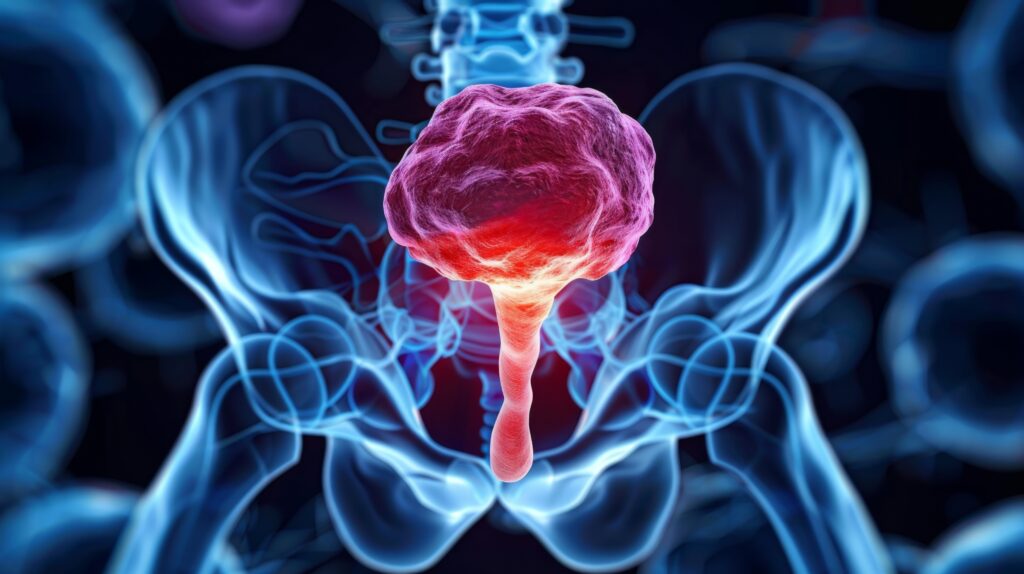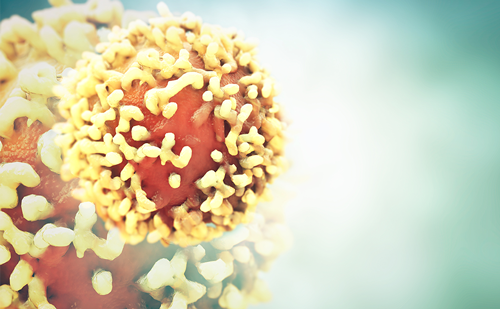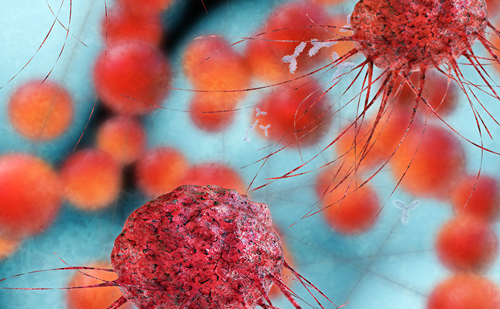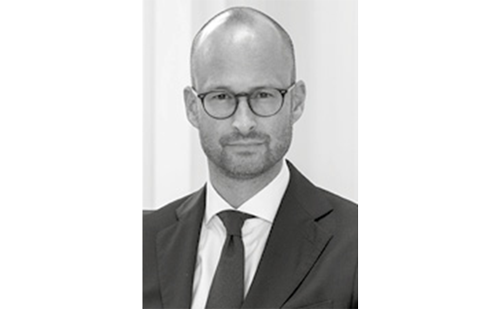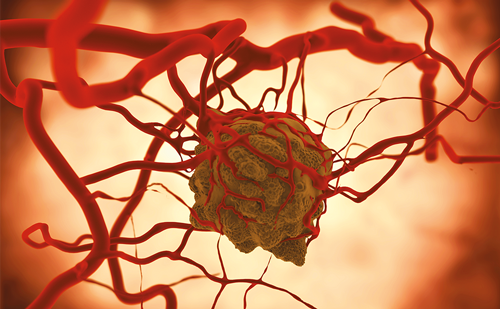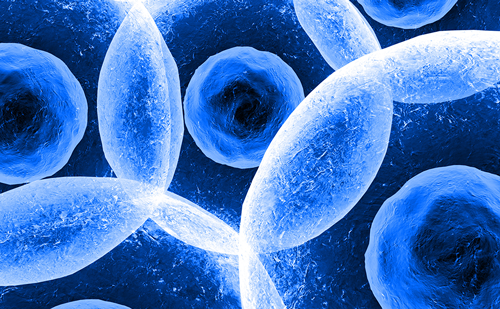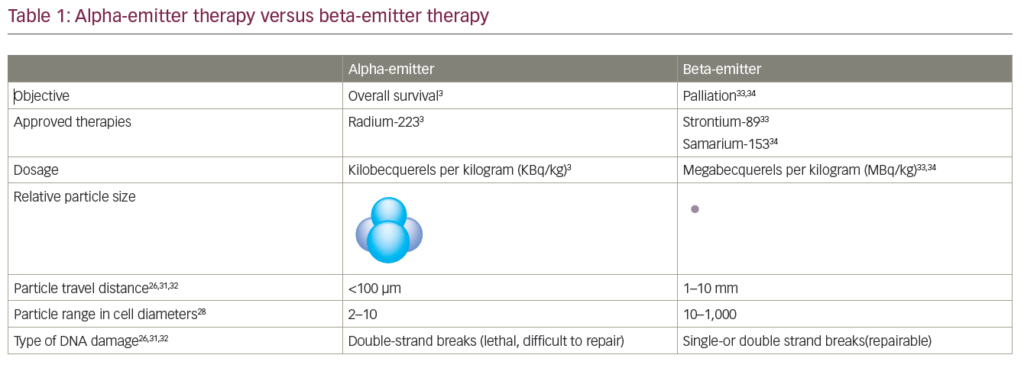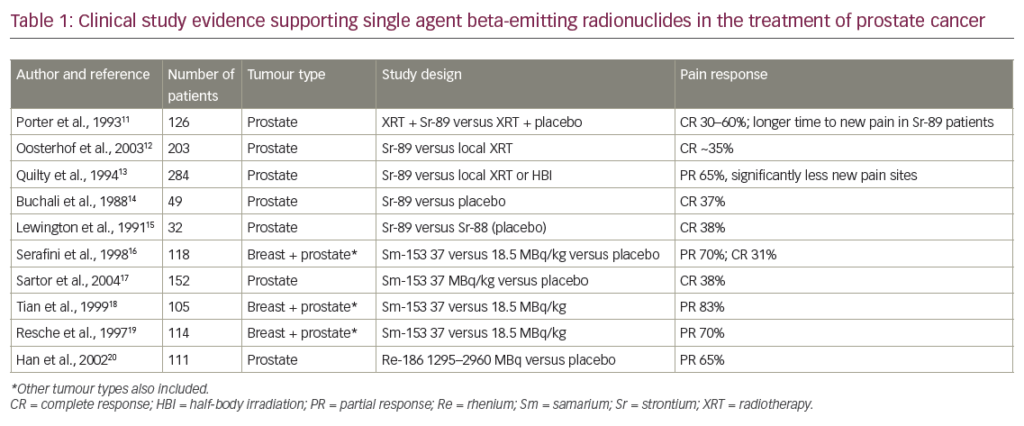Last year, Dr F Cavalli, President of the International Union Against Cancer (UICC), highlighted the cancer crisis in the developing world, which comprises mainly poverty-related tumours (cervical, oesophageal, liver), tumours linked to a western style of life and air pollution (breast, prostate, colorectal, lung), lack of primary and secondary prevention and insufficient resources for treatment. Dr M Chan, Director General of WHO, emphasised that the huge gap in prospects for cure, survival and a dignified death that divides the world according to wealth is unacceptable.
Clinical oncology is a rapidly developing speciality in Asia, and as such it is increasingly important that we keep up-todate with developments in the field. The pattern of common malignancies in the Asia-Pacific region has changed over the last 50 years: the incidence of cancers of the upper gastrointestinal tract (for example cancer of the stomach and oesophagus) and cancers of the oral cavity is decreasing, but the incidence of lung cancer, colorectal cancer, non- Hodgkin’s lymphoma and pancreatic and liver cancer is increasing markedly. Therefore, research into the aetiology and prevention of these types of cancer should be the priority in this region. In addition, we must be aware that standard multidisciplinary treatment and individualisation of treatment based on the most recent evidence are current trends in clinical medicine.
We need a platform for exchanging knowledge and experience from around the Asia-Pacific region in order to review current advances in the field of clinical oncology and provide guidance on the way forward. Therefore, the aim of Asia-Pacific Oncology & Haematology is to provide a forum for exchanging knowledge and experience from across the Asia-Pacific region. The success of this publication depends on the involvement of highly distinguished regional and international experts and organisations, who I thank very much for their contributions. I expect the success of this publication to continue in the future.
Asia-Pacific Oncology & Haematology would like to thank everyone involved for successfully providing interesting and informative expert discussion on a variety of issues relevant to those involved in the fields of oncology and haematology. We would like to thank the organisations and media partners for their support, the advisory panel for their thoughts and suggestions and the individual authors for their valued contributions.
We trust that you will find this an informative and enjoyable read.


